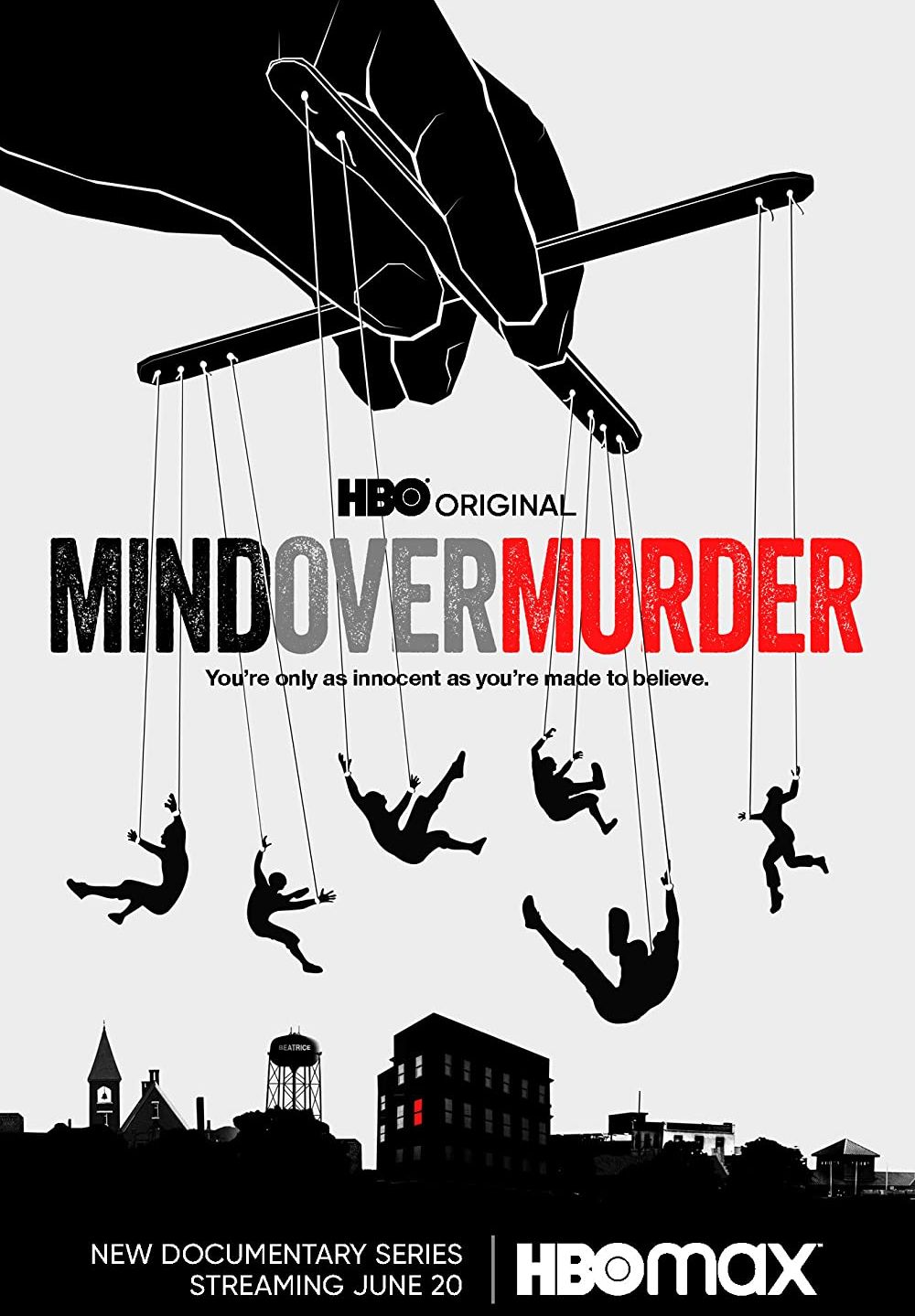Mind Over Murder is a six-part HBO Original documentary series directed by Nanfu Wang (HBO’s In the Same Breath) and produced by Vox Media Studios. It tells the strange and psychologically complex story of six people who were convicted for the 1985 murder of Helen Wilson, a beloved 68-year-old grandmother in Beatrice, Nebraska. Despite five of the defendants initially confessed to the killing, DNA evidence in 2009 exonerated the “Beatrice Six,” a turn of events that split the tiny community and infuriated Helen Wilson’s family.
Shifting viewpoints muddle the truth as the filmmakers follow the case from the murder to the investigation, prosecution, exoneration, and two civil suits; a stranger-than-fiction story unfolds, raising important concerns regarding the trustworthiness of confessions and memory in criminal cases.
Marc Smerling, Nanfu Wang, Max Heckman, Chad Mumm, and Mark W. Olsen served as executive producers on the film. Nancy Abraham, Lisa Heller, and Sara Rodriguez served as executive producers for HBO.
Is “Mind Over Murder” based on a true story?

“Mind Over Murder” is based on a true story. The events of “Mind Over Murder” might just be the most mind-blowing of all the true-crime documentary series we’ve inhaled over the last few years, and all the times we’ve been perplexed, baffled, and gobsmacked by the actions and words of certain individuals involved in various murders, kidnappings, heists, and cons.
The backstory. Helen Wilson, a loving 68-year-old mother and grandmother from Beatrice, Nebraska, was sexually abused and died in her modest apartment in 1985.
Six people subsequently confessed to the murder and were sentenced to a total of 77 years in jail — only to be exonerated in 2009 after DNA evidence revealed that none of them were ever in the flat, let alone responsible for the attack.
In a civil proceeding ten years later, the county was compelled to compensate the wrongfully convicted persons a total of $28 million.
Many people in the community still believe that six individuals were the murderers, and at least one of the wrongfully convicted persons still has concerns about their guilt.
This may have come across as obnoxious and predatory in the wrong hands. However, Wang is a sensitive, insightful, and empathic director, and we can sense how many members of the community have come to trust her during the documentary’s creation and the play-within-the-development. movie’s
It’s a complicated situation. This situation is complicated in every way.
